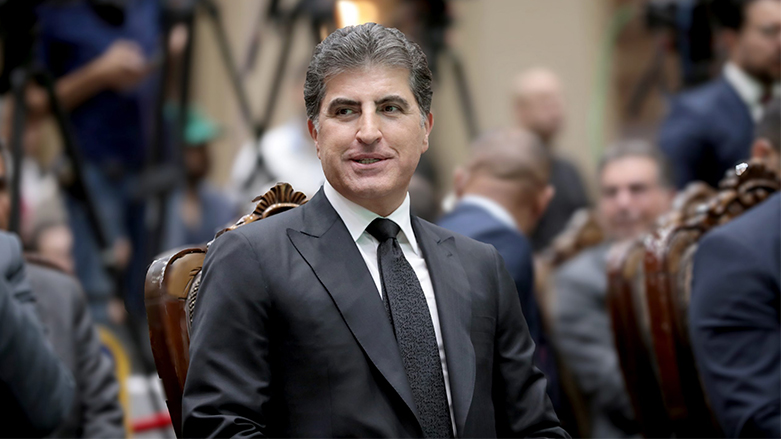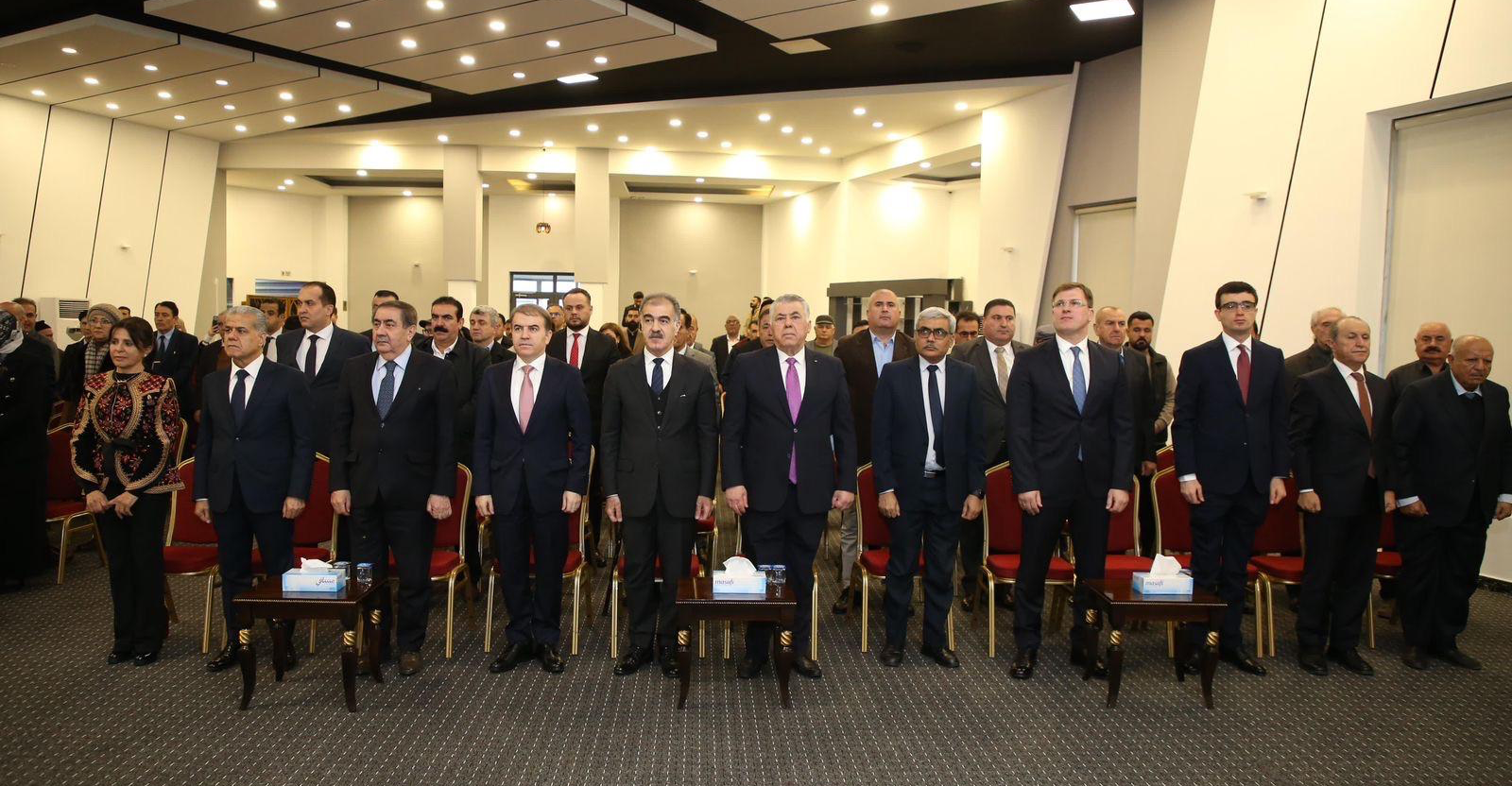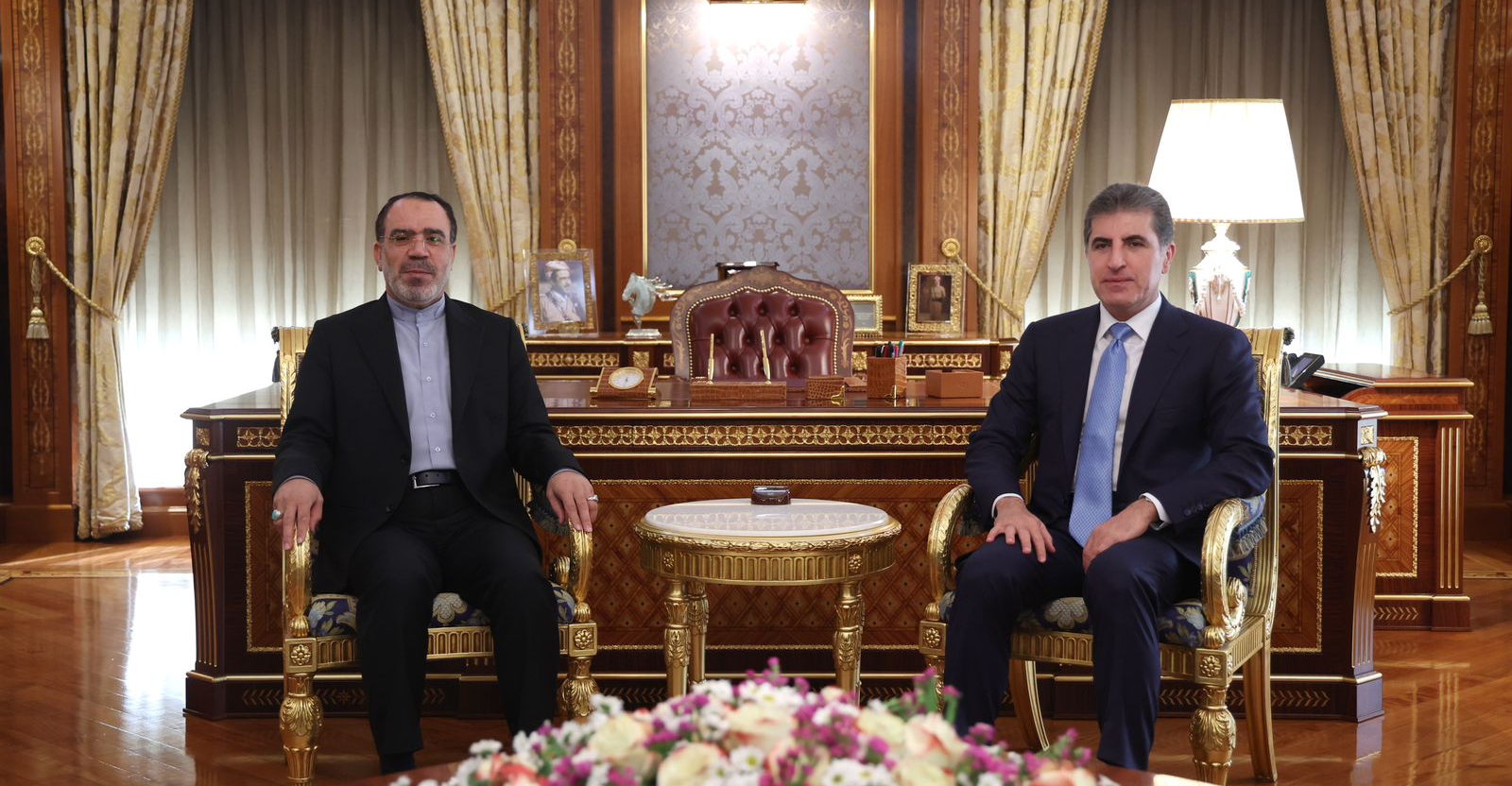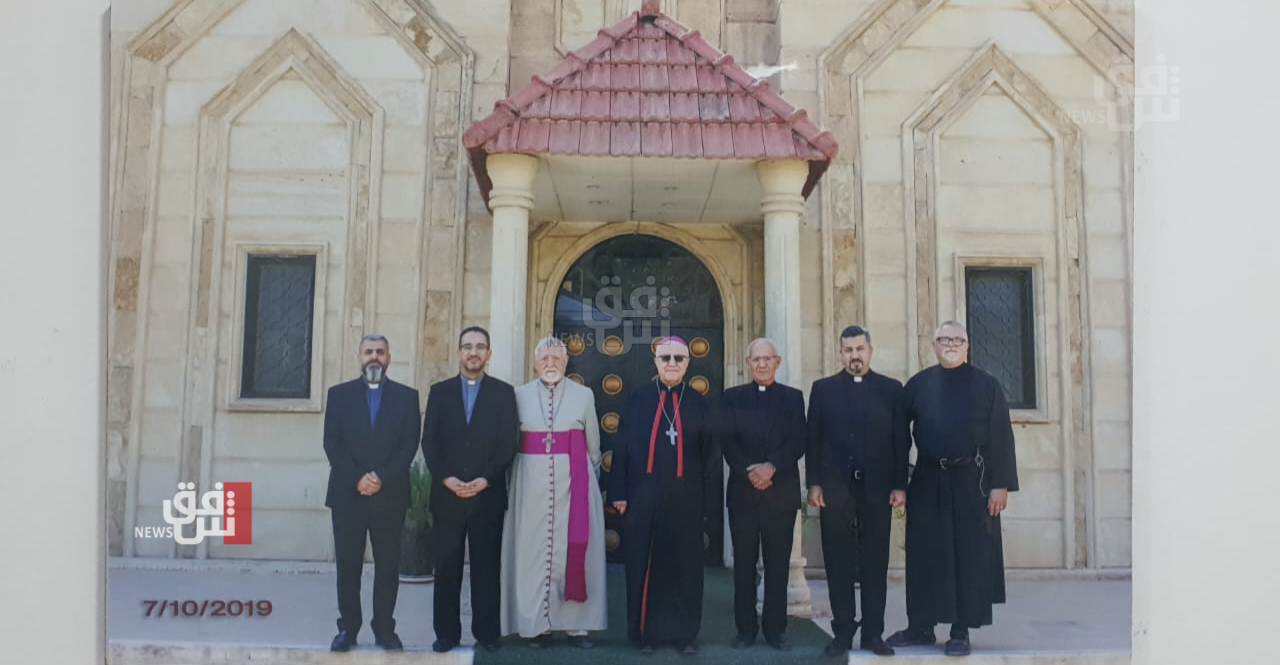Coordination Framework anticipates success in local elections through voter reluctance and political support
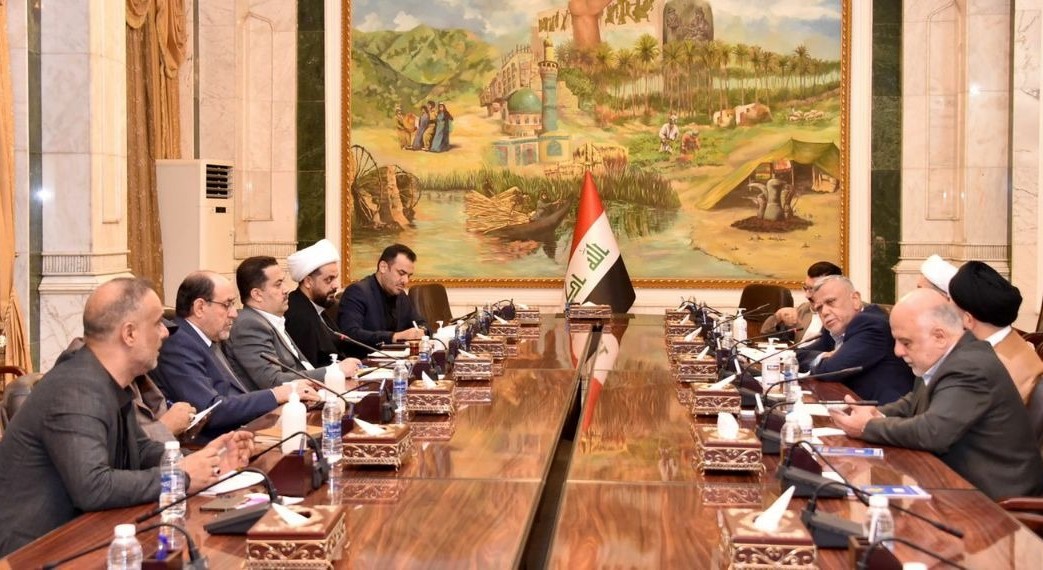
Shafaq News / The coordination framework, mainly composed of Iran-backed Shiite political forces, except for the Sadrists, perceives its prospects in the provincial council elections as the strongest and most favorable when compared to the Sunni and Kurdish components, despite running with two separate lists.
On August 3, the coordination framework's forces, including State of Law led by Nouri al-Maliki, al-Fatah led by Hadi al-Amiri, the National Wisdom (al-Hikma) Movement led by Ammar al-Hakim, al-Nasr led by Haider al-Abadi, al-Asa'ib led by Qais al-Khazali, and others, announced their participation in the multi-list elections scheduled for December 18, 2023.
According to Haider al-Lami, a prominent leader within the coordination framework, the coalition holds significant influence in the Iraqi street, particularly in the central and southern regions, whether unified or not. He emphasized that the framework's past achievements in forming the government and upholding the state's prestige demonstrate its superiority.
Firas al-Muslimawi, a deputy from the State of Law coalition, attributed the coordination framework's decision to participate in the elections with two lists to three main reasons. Firstly, it aims to offer more opportunities for competent individuals to run as candidates. Secondly, it allows voters to have multiple choices when selecting their preferred list. And thirdly, the decision is influenced by the modified Sainte-Laguë electoral law, which favors medium-sized lists over very large or small ones.
Regarding the details of the two lists, al-Muslamawi clarified that discussions are ongoing, and Sunday, August 6th, is the deadline for submitting the list names.
He further pointed out that while the situation within the Shiite component is similar to that of the Sunni and Kurdish components, the Shiite situation seems to be more cohesive and united at present.
"The coordination framework plans to form alliances after the elections, as decided in their latest meeting. They will participate in the elections with two lists and then unite afterward," al-Muslamawi stated.
Dr. Ihsan al-Shammari, the head of the Political Thinking Center, analyzed the coordination framework's strong chances in the local elections, attributing their success to their long-standing status as traditional forces actively involved in the electoral process. Additionally, these forces possess political funding and control over state institutions in the respective governorates, enabling them to use these resources effectively in their election campaign.
Al-Shammari further explained, "Therefore, the coordination framework possesses all the necessary resources to dominate the elections in the central and southern regions, especially considering voter reluctance. They will leverage this reluctance by mobilizing supporters of traditional parties, while the emerging and new forces lack the same resources, program, and political funding."
Regarding the decision to run with multiple lists, al-Shammari believes that this reflects a crisis of trust among the framework's parties. Initially expected to run as a single list, disagreements over the political influence of each party within the coalition have led to the current approach.
He added, "However, significant shifts in the balance of power might occur. We may witness certain factions within the coordination framework gaining ascendancy over others. This phenomenon is closely related to political funding, patronage, and electoral propaganda. Factions lacking current influence or minimal impact on the federal scene might face challenges in the local elections."
In conclusion, al-Shammari pointed out the possibility of a hidden electoral struggle within the coordination framework's forces. Recognizing that the outcome of the elections could shape their political future, the parties refrain from engaging in direct confrontation that could lead to their downfall. Instead, they rely on covert competition and electoral conflict to secure victory.
Earlier, the Independent High Electoral Commission announced that 281 parties and political entities have registered for participation in the local elections (provincial councils), with an additional 87 parties currently under establishment.
These upcoming elections mark Iraq's first local elections since April 2013. Elected provincial councils will hold responsibilities in selecting the governor and executive officials of the governorate, along with powers of dismissal and appointment. They will also be responsible for approving projects according to the allocated financial budget from the central government.

